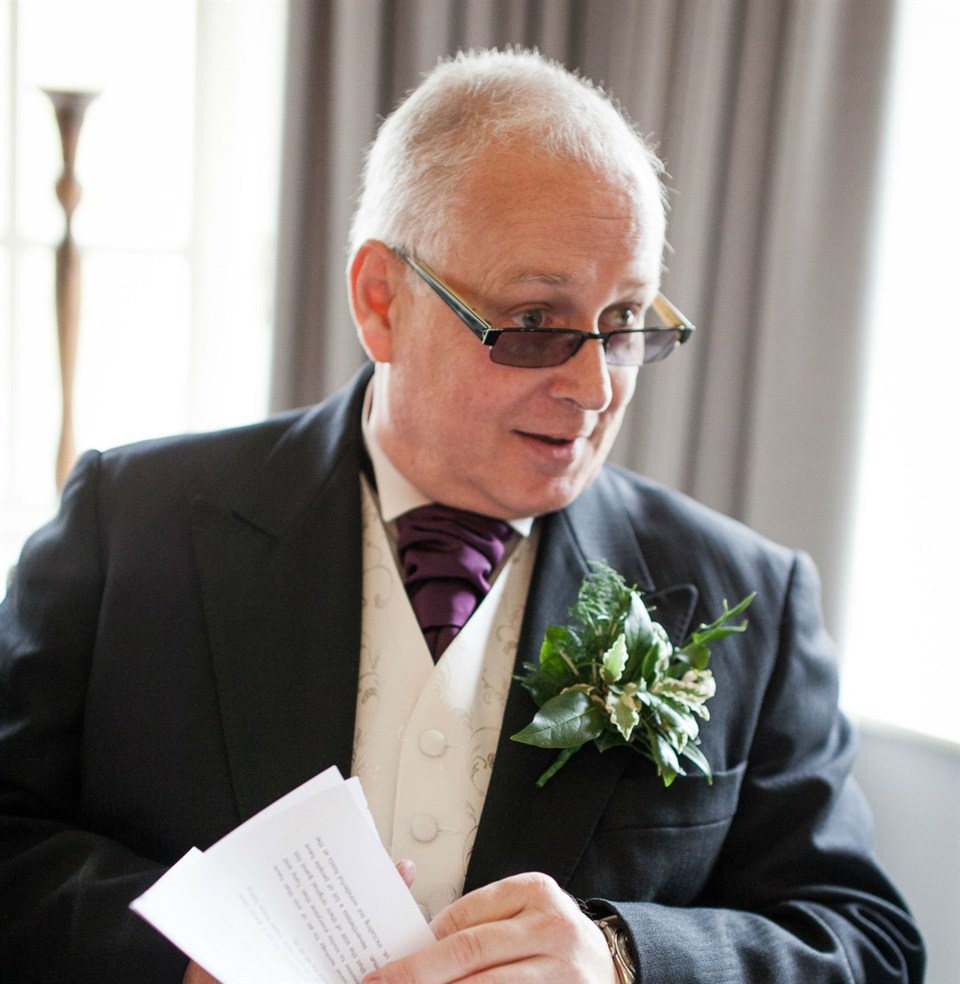According to Government figures approximately 20% of road traffic accidents/collisions on motorways are caused by drivers falling asleep at the wheel.
Sleep Apnoea and driving are a lethal combination.
This particular condition is even more worrying when you take into account that accidents caused by falling asleep are far more likely to result in death or serious injury than other causes because drivers who fall asleep do not swerve or apply their brakes.
The medical condition sleep apnoea causes excessive tiredness and those who suffer from it are likely to have poor hazard awareness and reduced reaction times. Equally worrying is that there are many drivers who may be suffering from undiagnosed sleep apnoea.
Accidents or collisions of this type create a particular problem for the Crown Prosecution Service resulting in inconsistencies in how these are processed in criminal proceedings. In some CPS areas prosecutions are put before the jury for them to decide on the merits of the medical evidence.
In other areas cases are dropped when the defence lawyers produce medical evidence that the defendant was suffering with sleep apnoea. This inconsistency isn’t helped by differing opinions by medical experts on whether sleep apnoea does or does not cause sudden sleep without any warning.
The police are able to put a file to the CPS with a view to prosecuting a driver who has acted irresponsibly by driving carelessly or dangerously because they are sleepy. The courts should treat falling asleep at the wheel as an aggravating factor rather than something to be used as mitigation for any accident or collision.
A proactive Fleet Manager will have in place a system to ask their drivers about whether they have any symptoms or a history of sleep apnoea but many people go undiagnosed. There is also a reluctance by drivers to seek help because they fear that it may affect their jobs but it is a legal requirement to inform the DVLA if you suffer with sleep apnoea.
I could have picked any number of cases on this subject to highlight why being proactive in identifying and treating this condition is worth the effort.
Daniel Upcraft was injured and his fiancé Nicola Culshaw was killed as they queued for the Dartford Tunnel in April 2010. The lorry driver, 40-year-old David Thomas, was initially charged with causing death by dangerous driving, but the case was dropped when it was discovered he had undiagnosed sleep apnoea.
Should this not have been put to the jury to decide on the medical evidence?
These legal issues are covered in my presentations on road traffic law and I would encourage Fleet Managers to raise the awareness of this and other related topics by making it part of a driver’s CPD.


















Login to comment
Comments
No comments have been made yet.